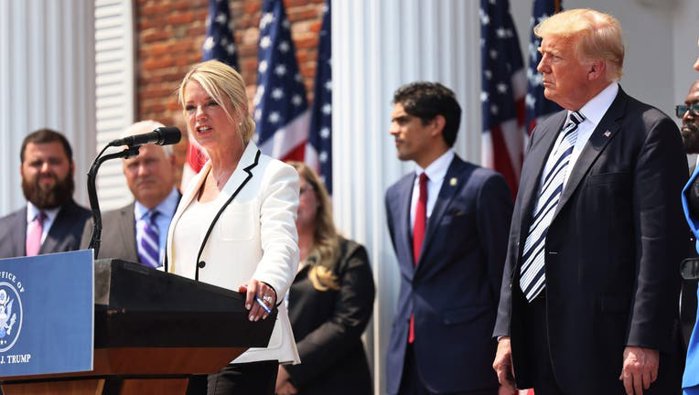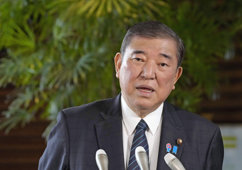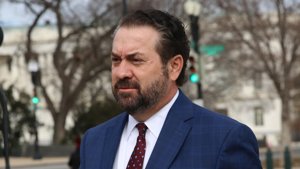
Trump Orders Legal Sanctions Review
President Donald Trump has escalated his campaign against the legal community, issuing a sweeping directive on Friday night instructing Attorney General Pam Bondi to review lawsuits filed against his administration and to recommend punitive actions against law firms she deems partisan.
The memo outlines a new process in which Bondi can refer lawsuits viewed as politically motivated to the White House. Trump can then impose executive orders that strip attorneys of security clearances or bar them from working on federal contracts. The directive comes after a week of court setbacks for Trump’s agenda, with multiple judges issuing temporary injunctions.
Trump claimed that too many lawsuits are designed to delay his administration’s work and called for disciplinary actions or sanctions against the law firms and attorneys involved. While judges ultimately decide whether sanctions are warranted, the memo allows Trump to take unilateral action if Bondi makes a recommendation.
Legal experts have warned that this approach could have a chilling effect, discouraging legitimate legal challenges to government policies. Even lawsuits with a legal basis might be avoided out of fear that firms or attorneys could be penalized by the president’s executive powers.
In addition, Bondi has been instructed to open a retrospective review into the conduct of law firms involved in litigation against the federal government dating back to 2017. The review could lead to further sanctions or executive orders based on past actions.
Trump has recently used executive orders to target specific law firms. Most notably, he stripped the law firm Paul Weiss of security clearances and barred its employees from federal buildings. The move was tied to the firm's former partner, Mark Pomerantz, who pursued a criminal case against Trump in New York.
That order was later rescinded after Paul Weiss’s chair, Brad Karp, distanced the firm from Pomerantz and offered $40 million in legal services to causes Trump supports. The firm’s public criticism of Pomerantz appeared to satisfy the administration.
Trump’s frustration has grown following legal roadblocks to his policies. One significant setback came in a case involving the Alien Enemies Act of 1798. Trump used the law to deport suspected Venezuelan gang members without due process. U.S. District Judge James Boasberg issued a temporary injunction and ordered any deportation flights in the air to return.
The administration failed to comply, arguing that the verbal instructions were not issued in writing. Judge Boasberg questioned this reasoning and launched an inquiry into whether the White House had violated a court order. The administration maintains that the court lacks jurisdiction and has considered invoking the state secrets privilege to avoid further disclosures.
This aggressive legal strategy reflects a broader effort by the Trump administration to limit judicial interference and deter legal opposition. As tensions rise, concerns grow about the erosion of legal norms and the independence of the judicial system.






